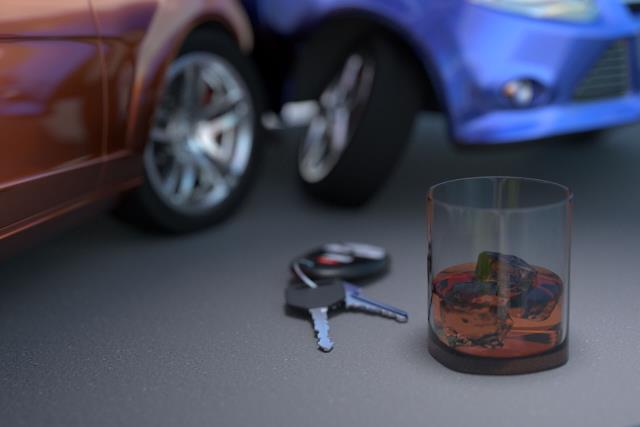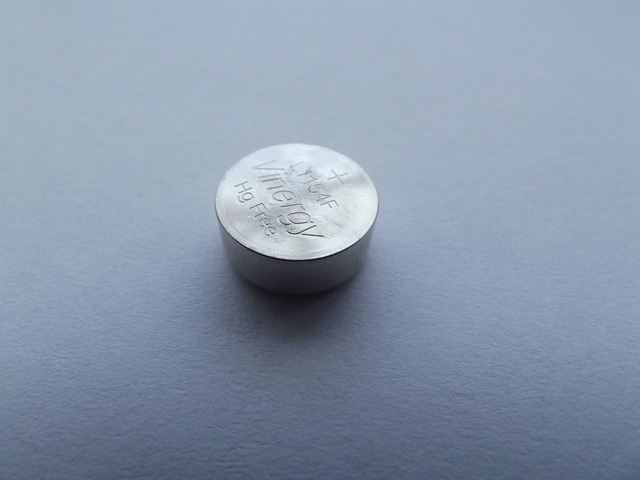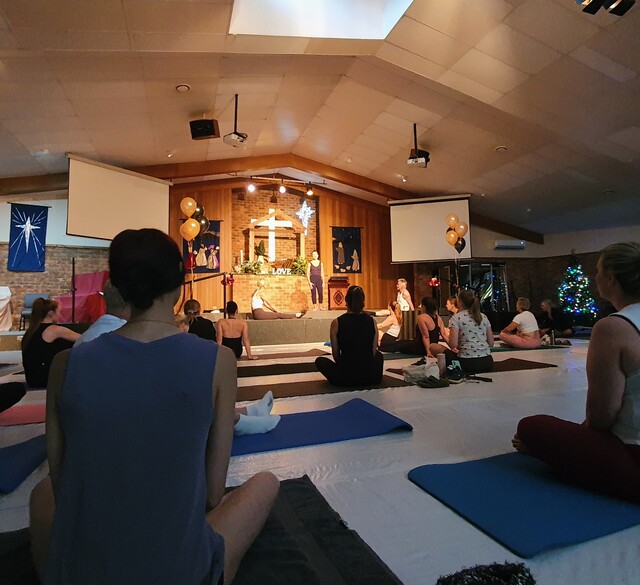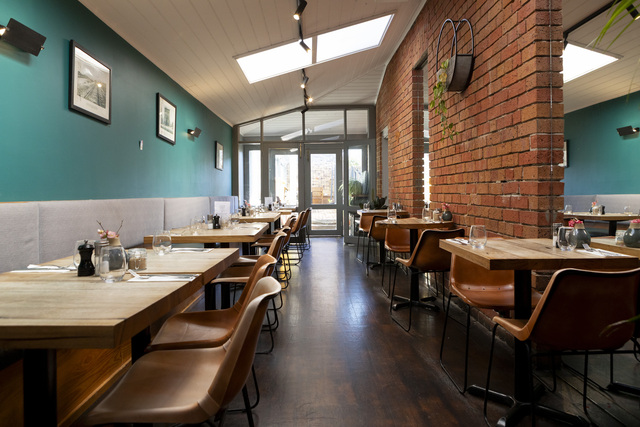By Tania Martin
KNOX Basketball’s Glenn Clark has stepped into the world of wheelchair basketball.
The Boronia man was recently named the head coach of the Victorian youth team.
Clark is now getting ready for the 2009 Australian Paralympics Youth Games in October.
He was first inspired by wheelchair basketball last year following the Paralympics.
“I wanted to know I could get involved in the sport,” Clark said.
He previously worked at Basketball Victoria and had all the right contacts to get into the sport.
“They didn’t mind I have no experience coaching wheelchair basketball,” Clark said. “It’s going to be a bit of a learning curve.”
Clark said there were a few subtle changes in the rules of the game but it was pretty much the same.
“The drills in training are pretty similar but there are some minor adjustments you need to make because the chairs can’t go sideways, you have to do things in circles,” he said. “You also have to be a bit of a mathematician as each player has a point’s value depending on their disability … you can only have a total of 14 points on the court at one time.”
Clark said a player could be rated from .5 up to five points depending on the severity of the disability.
“It’s not necessarily the best players that play in the team but those that could give you the most combinations out there on the court,” he said.“In that way you could still be severely handicapped compared to the next player and still make the team if you are skilful in relation to your classification.”
Clark has been coaching juniors for the past eight years but his love of basketball has been a life-long passion.
He was shocked to be named head coach but is excited about raising awareness of wheelchair basketball.
“They are all good kids and want to be able to play sport … they don’t take it for granted and just want to have fun,” he said.
Clark said the most important part about coaching the team was making other able-bodied players aware that disabled people have just as much right to be out there on the court.
“We were training recently and it was weird to see the courts full of able-bodied players staring at my guys in the wheelchairs,” he said.
Clark said a lot of these kids had cerebral palsy, spina bifida, or had lost limbs in accidents.
But he said none of this mattered when they were out there on the court enjoying themselves.
“Unlike able bodied players the same age they don’t take their sport or life for granted,” Clark said. “They just enjoy playing so much and I want to make sure the mainstream players have that same feeling instead of looking down on wheelchair players.”
Clark is now looking forward to getting his team ready for the youth games.
Despite not going in favourites for the title, Clark said his team would play to win.
He said Western Australia and New South Wales would be the ones to beat.
Glenn shows his coaching ability
Digital Editions
-
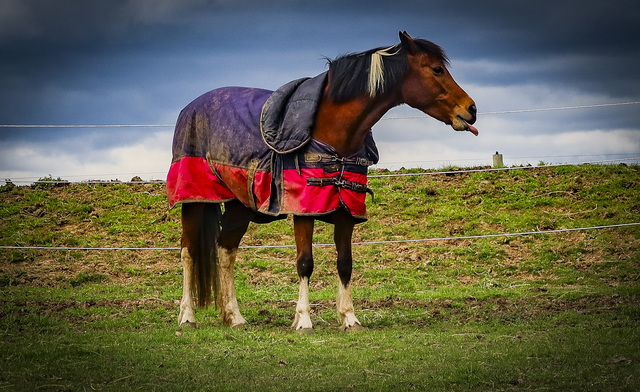
Bushfire plans for horses are esential
Pets and larger animals such as horses need to be included in farm and household fire planning, to ensure both people and animals are as…

